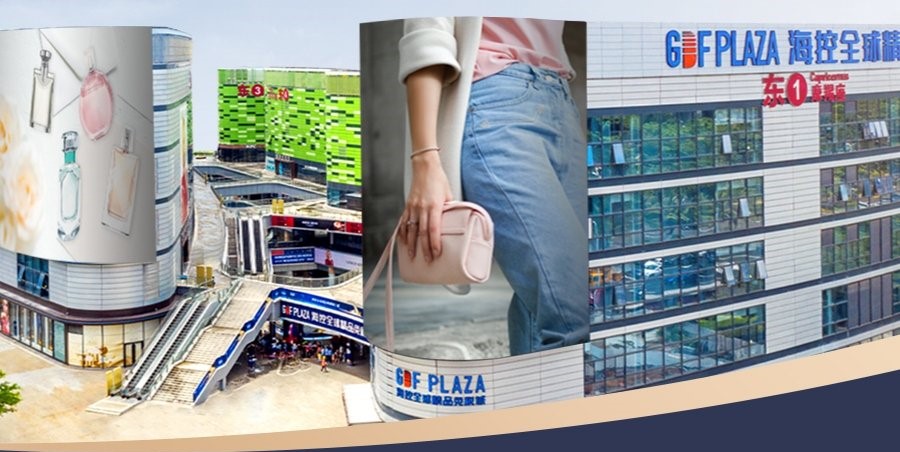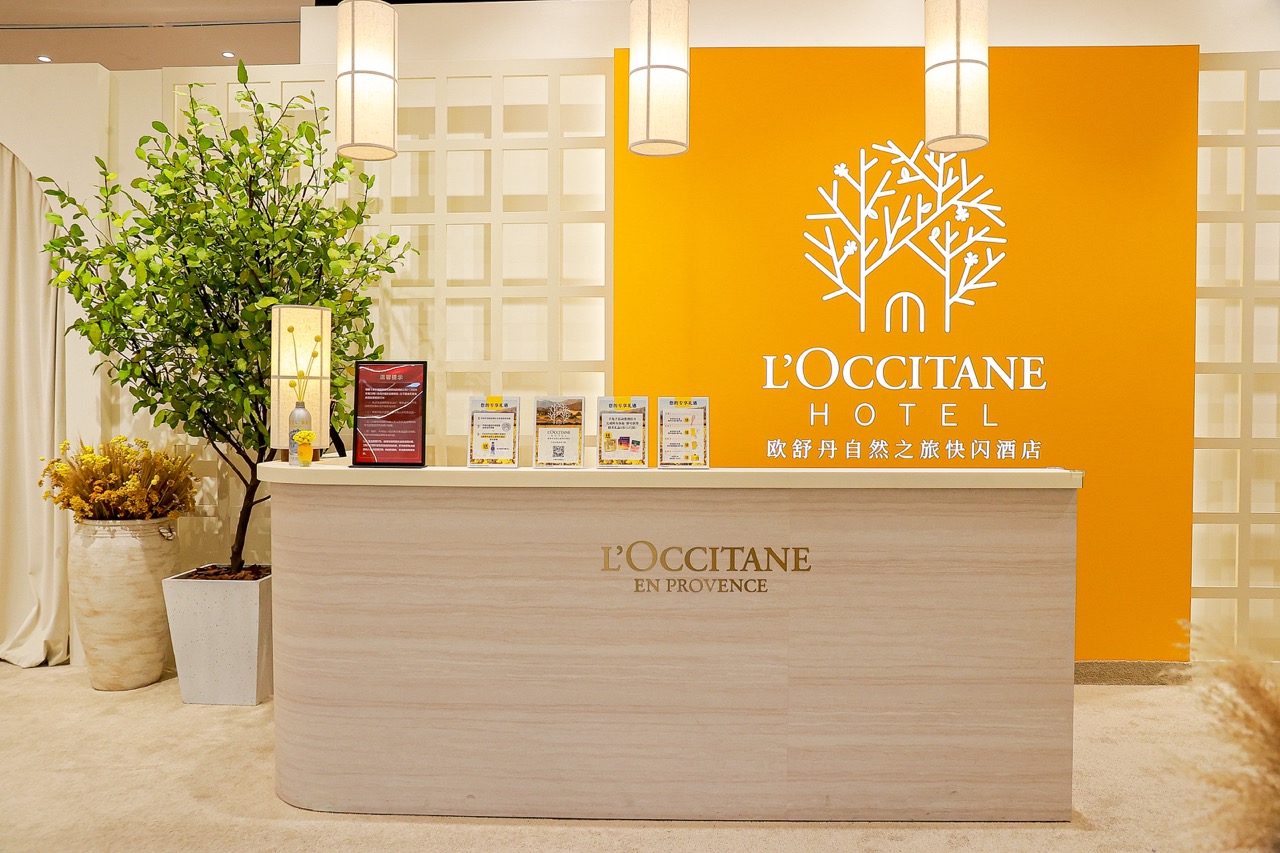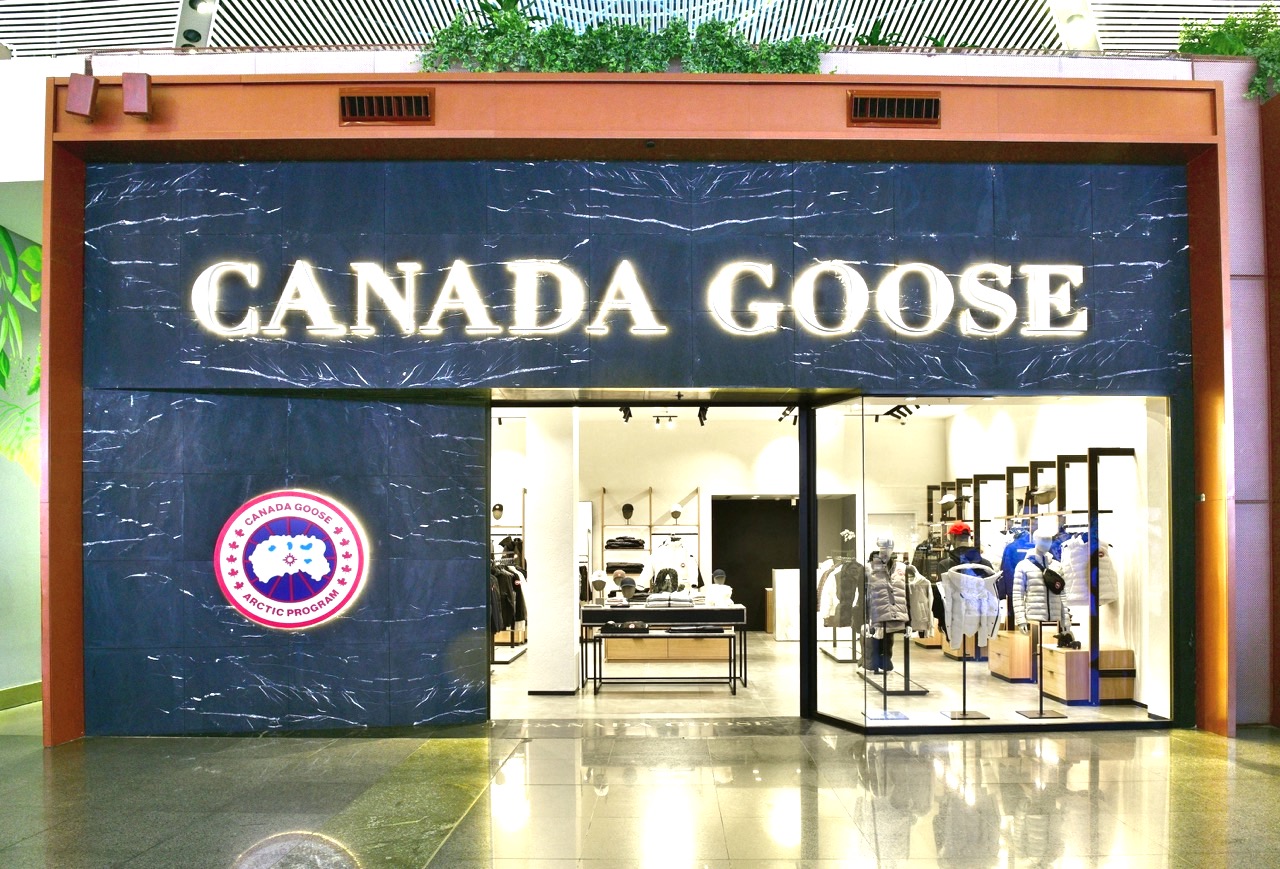
The new editorial series will focus on the critical digital conversation, simultaneously the greatest challenge and biggest opportunity for travel retail |
FROM THE PUBLISHER: The Moodie Davitt Report is proud to launch a regular new column called The Digital Conversation in association with Shiseido Travel Retail.
The series, which will be featured across our web, e-Zine and print platforms, will focus on the increasingly important worlds of social and digital media from consumer communication to e-Commerce. It will present industry and external case studies, opinion pieces, research papers and regular analysis of what amounts simultaneously to travel retail’s greatest challenge and biggest opportunity.
This year’s Trinity Forum in Mumbai, the world’s leading airport commercial revenues conference, will address the subject via its theme of ‘Adding value to the consumer journey in an omni-channel age’. How does the travel retail channel marry a dual bricks & mortar proposition with a digital offer? How does it communicate better with the consumer before, during and even after the journey? How does it listen better to the way that consumers themselves are communicating? How does it remain relevant in the age of Amazon, Apple and Alibaba? How does it differentiate its offer and convey that differentiation? Critical questions all.
Take part in the great travel retail Digital Conversation We welcome contributions from both industry and external perspectives. Please send your views, videos and case studies to Martin@MoodieDavittReport.com headed ‘The Digital Conversation’ |
We begin our series by republishing two recent challenging articles that represent contrasting views on the subject, one from Dutch mobile agency M2mobi, called ‘Travel retail enters the digital age – Integrating the digital and the physical’; the second from dynamic Australian firm Mighty Media Group, whose Founder and CEO Stephenie Rodriguez offers her outspoken view on industry progress to date and the way forward in a paper that argues how M-Commerce and iBeacons can revolutionise travel retail. We welcome your contributions* to a conversation that simply cannot be ignored.
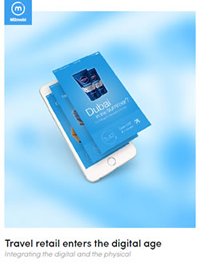 |
TRAVEL RETAIL ENTERS A NEW AGE: INTEGRATING THE DIGITAL AND THE PHYSICAL
“Now that passengers have the ability to compare products online, the idea that duty free products are cheaper is long gone. Still, we don’t see an urge to digitally innovate within travel retail.
“Most airports are still resting on their comfortable non-aviation revenue streams, all the while not realising they need to take urgent action in order to keep their customers satisfied.”
That’s the worrying state of affairs described in a challenging White Paper written by Dutch mobile agency M2mobi, called ‘Travel retail enters the digital age – Integrating the digital and the physical’.
It’s a good place to start the wider debate on how the travel retail sector should adapt to and embrace digital media. And it is this key consideration that is at the heart of our new Digital Conversation series.
Says M2mobi: “If we look at the High Street, we’ve seen many brands struggling because they didn’t adapt to the new digital reality. Consumers who order online expect more variety, better prices, and faster service.

The consumer journey from digital to physical |
“The brands that are surviving on the High Street are the ones that have embraced the digital revolution and are continuously improving their omni-channel strategy.
“These brands are combining the strength of a digital and a physical shopping presence. So why aren’t we seeing this trend in airports around the world? Is it because digital just doesn’t work in travel retail? Or is it because airport retailers just don’t know how to apply digital yet?”
“The problem is that most travel retailers don’t have their systems set up right for this personal attention. Most of them are still stuck in retail’s middle ages“ |
M2mobi |
Travel retail is a unique channel but there are a wide variety of actions industry players can take, and the sector cannot ignore the digital opportunity.
In its White Paper, M2mobi says offering a more personal approach will be vital. The company has plenty of experience to draw from, having worked for airports such as Amsterdam Schiphol and Dubai International as well as brands like G-star and Heineken.
“Now that passengers have the ability to compare products online, the idea that duty free products are cheaper is long gone“ |
“We need to start with the customer,” it says. “They are already highly accustomed to online shopping and direct services via mobile ordering.
“The beautiful thing about mobile and wearable connected devices is that they create the opportunity to combine the digital shopping with the physical shopping experience. And being primarily physical, this is where it gets exciting for travel retailers.
“Being able to recognise your customer in a shop gives you the chance to become personal in terms of knowing what this person likes, what he has bought before and whether he deserves a special treatment or not.”
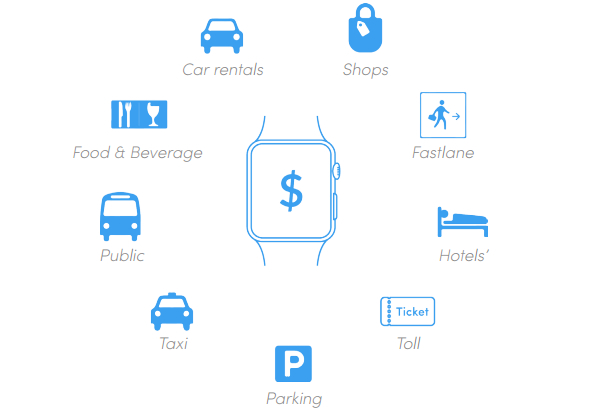
The aim should be to create a kind of “Uber for airports”, where all the available services of an airport will come to you with a single tap, says M2mobi |
The agency notes that Bluetooth beacons can be a powerful tool to enable this personalised approach in airport shops. An app can recognise the beacon’s proximity and thus determine that a person is in a particular shop, allowing for personal greetings, attention or offers.

Not only should passengers enjoy the majority of their time in an airport, but this enjoyment can be extended if they can access the airport services digitally |
M-commerce – defined as transactions that have been initiated from smartphones and mobile devices – will form another central pillar of the overall digital strategy.
M2mobi says there are a variety possibilities pre- and post- travel to create an integrated online and offline travel experience. “The aim here should be to create a kind of ‘Uber for airports’ where all the available services of an airport will come to you with a single tap,” it explains.
“This means you can have a coffee delivered at the gate, or a rental car waiting for you right outside the main exit. Passengers can browse the collection on their way to the airport and use the showroom to select and get a better feel for the products. Ultimately passengers want to have single-click services experience.”

This graph shows eight factors that can affect the level of personalisation a passenger experiences, ranging from the passenger’s location to his or her final destination |
There is a long way to go for airport retailers to catch up with the High Street, the report notes, but that this challenge needs to be embraced is not in doubt. “Travel retailers have taken the first baby steps, but now it is time for a serious change. Simple solutions like hiring a digital manager won’t do the job.
“It is time for a company-wide sea change in which every retail employee understands and embraces new digital opportunities.”
TEN MIND-BLOWING M-COMMERCCE/IBEACON CASE STUDIES
Another key recent study suggests that it might actually be easier than expected to take advantage of digital opportunities.
Mighty Media Group believes that Google’s introduction of its Physical Web system and open source interaction on the web negates the need for “costly” apps, which were previously required to serve as an intermediary between broadcasting technology (beacons) and customers’ devices.
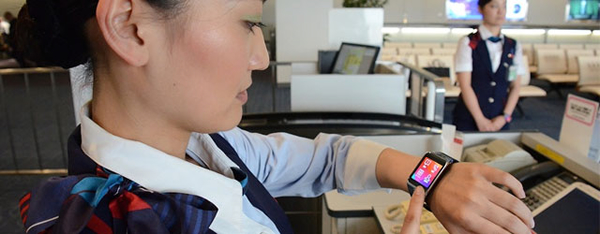
Japan Airlines started an iBeacon trial in 2014 at Tokyo Haneda Airport to improve operational efficiency and manage staff more effectively |
The Physical Web system utilises Bluetooth low-energy (BLE) wireless technology to emit a signal that a smartphone can receive, and a specific URL is transmitted along with a link to a location on the web.
“This allows anyone to interact with any device at any time,” according to Mighty Media Group CEO Stephenie Rodriguez. This opens up a world of opportunity in the sphere of m-commerce, she says.
For example, a display poster with the Physical Web icon can transmit a link to a video, brand page on Facebook, a quick survey, or a content page about a new product.

Mighty Media Group CEO Stephenie Rodriguez says travellers want contextually relevant information, not an Uber-type airport service |
In the report, ‘Ten Mind-blowing M-commerce/IBeacon Case Studies’ [You can read the study here], Rodriguez assesses how the technology has been used so far via ten case studies, and urges travel retail executives to take note of the m-commerce opportunities.
“The Apple Wallet, a repository for electronic boarding passes widely accepted today by travellers, offers a treasure trove of possibilities to connect to traveller devices and push notifications and offers in real time, without an application,” the study states.
Take part in the great travel retail Digital Conversation We welcome contributions from both industry and external perspectives. Please send your views, videos and case studies to Martin@MoodieDavittReport.com headed ‘The Digital Conversation’ |
Unlike M2mobi, Rodriguez is dismissive of the idea of a ‘Uber for Airports’. “Airport travel is not a peer service. Travellers want contextually relevant information and offers delivered to them in the right place at the right time,” she says. “Whether this is delivered through a Twitter offer, a WeChat voucher or a beacon, they don’t care. They want value with the fewest clicks possible.”
Even at the cutting edge of digital retail knowledge then there is disagreement about the best way to proceed. But this should spark interest and debate in the topic, not serve to put anyone off.
Rodriguez’s report concludes: “To ignore m-commerce is to remove your brand from interjecting itself and creating a magical moment of travel retail serendipity. The barriers for entry are extremely low and it is cheaper to experiment than ever before. Ignore this trend at your own peril.”
In both the M2mobi and Mighty Media Group studies one thing is abundantly clear and should serve as a call to action for travel retail companies – the digital journey is one that, if it hasn’t already, can be started today.









